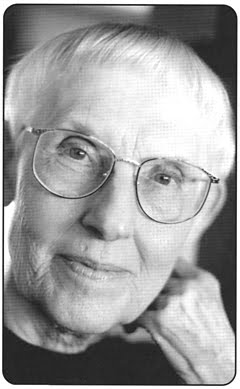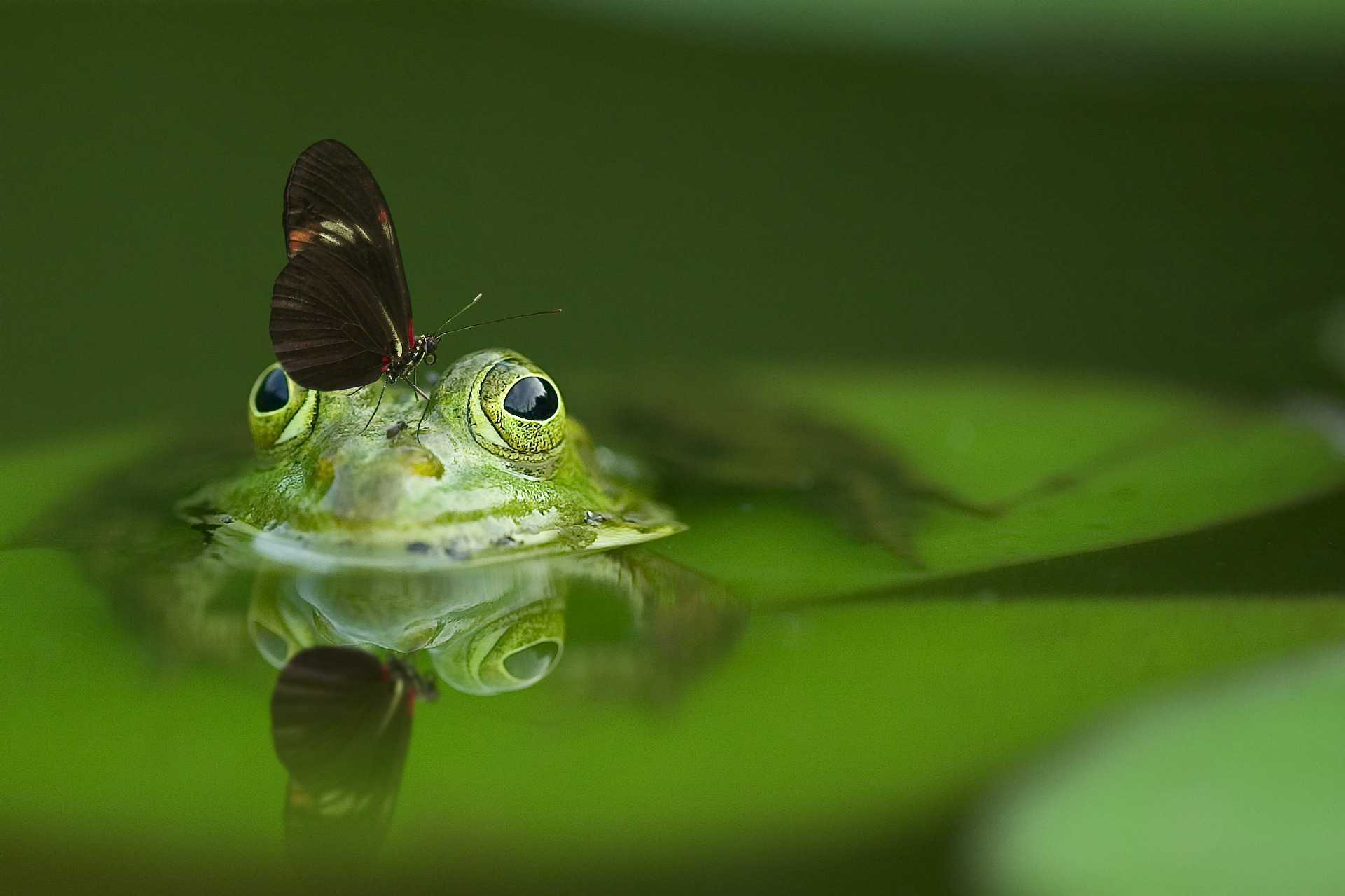Charlotte Joko Beck (1917-2011) was a wonderful Zen teacher. Her teachings were beautifully accessible and directly connected to our real lives, particularly our psychological and emotional suffering. At one of her dharma talks, she suggested asking the question,
“Am I really in contact with my life?”
Now most of us would answer immediately, without even thinking, “Yes, of course I’m in contact with my life. After all, I’m living that life 24 hours a day. How could I not be in contact with it?”
But what does it mean to be in contact with your life? It means to have direct contact with real life – to use our sensory experience to engage with life around us. To be in contact with your life is to notice that first sip of coffee and follow it as it meanders down your throat. To have the thought, “I think I’ll get myself some coffee” doesn’t involve contact with your life. You are simply thinking about your life – more specifically, about what you want from life.
If you are sitting down right now, are you aware of the firmness of your chair against the not-so-firmness of your butt? (I’m making an assumption, I know) That’s real contact with your life.
When you take a shower, do you actually pay attention to the water gliding out of the shower head? Do you feel the wateriness of the water running down your skin as gravity pulls it towards its inevitable destination? That water has been living in darkness for so long. And it will return to darkness again as it enters the drain. Its brief experience of the world of light is the ride it takes on your body. Do you notice that ride or are you planning your work meeting for later that morning?
To be in contact with our lives is not about the endless stream of thoughts that race onto, and off of, our mental projection screens. We could watch those thought-movies regardless of whether we were in a prison cell or at the county fair. And our feelings states – now I’m tired, now I’m feeling depressed, now I’m upset because the “yes” I had hoped for turned out to be a “no”. This preoccupation with our internal experience isn’t contact with our lives. It’s what distracts us from our lives.
We’re in touch with our lives when we make contact with it through our senses and when we connect with it through our bodies. Kids know how to do that really well. When I would ride my bike with my daughters, I would go around the puddles, but they would go out of their way to get a puddle splash.
We used to have a cushioned swing in the living room that hung from the wooden beam on the ceiling. When you walked through the door, it was one of the first things you would see. Kids would see that swing and go right for it, testing it, exploring it, hanging, twisting and swinging on it. After all, it’s a SWING!
But adults would not even touch it with their little finger. Sometimes they might say, “Oh, that’s interesting. What is that for?” And I would explain that it was a gift from our friend Jane and it was made as an inversion bar so people could hang upside down and stretch. And then we would sit down and talk about important topics, or maybe just about how busy life is. As “grown-ups”, we have to be on the lookout for ways to experience the world, rather than just think about the world.
Your mind is like a two year old that doesn’t want you to be in contact with your life. It wants all the attention for itself. It has all kinds of strategies for getting your attention:
“Hey, what about this idea?”
“Remember what happened last week at your mother’s?”
“Wouldn’t it be nice to go to France someday?” Of course, if you went to France, your mind would be saying, “Hey, I’ll bet it’s really nice over in Italy. Your friend Margaret went to Italy and she loved it.”
We need to figure out how to be in France when we’re actually in France and how to be in Italy when we’re actually in Italy. It s
It’s not really complicated. It’s just not that easy. That’s why making contact with our lives is a constant practice. So we just keep coming back to our life as it is – the swings and puddles and music and soup and coffee. It doesn’t always make us happy. But that’s not the point.
It’s real. And it’s life.
And someday it will end.
But not yet.
Can you get in touch with your real life that hasn’t ended . . . the life that is happening now?
“What we’re trying to learn is how to be in contact with the very fearsome, but the very precious thing which we have, which is our life.”
– Charlotte Joko Beck
Every year Gregg Krech conducts a 30-day program entitled A Natural Approach to Mental Wellness. This year’s program begins on Friday, April 19th. You will have an experiential opportunity each day to develop skills, such as coexisting with your feelings, cultivating acceptance, paying attention to the world, and practicing self-reflection. Gregg is the founding director of the ToDo Institute and author of five books, including the text for this program, A Natural Approach to Mental Wellness.
Tags: Mental Wellness Mindfulness Thirty Thousand Days Zen














Comments are closed.
Thank you for sharing, your email came just when I needed it most.
A reminder that action makes ripples, loved the acceptance poem by
Ryokan and the videos, yes I am definately distracted from my life,
I have had a real reality check and aim to get back on track now.